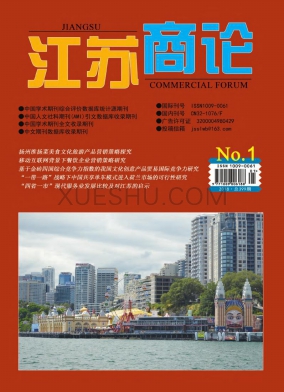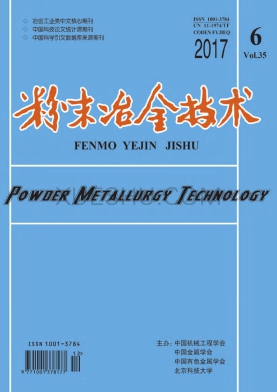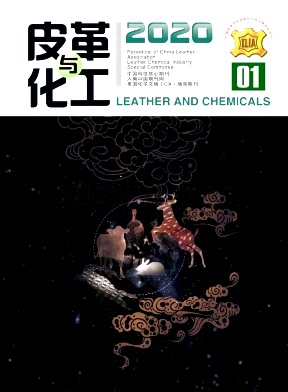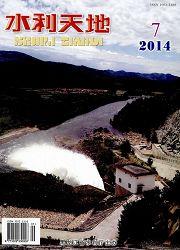如何提升学术写作英语能力?常用学术词汇和表达总结?
大家好!提升学术写作英语的造诣,并熟练掌握常用的学术词汇与表达方式,是铸就高质量论文的基石。接下来,我将详尽阐述一些行之有效的技巧以及那些不可或缺的学术表达。
1、提升学术写作英语的实战策略
(1) 沉浸于高质量学术论文的阅读
定期翻阅如《Nature》、《Science》等高影响力学术期刊,悉心领悟母语作者的写作风范、语言艺术及惯用句型。尤其要聚焦于与我们研究领域紧密相关的高质量论文,深入汲取专业术语与表述精髓。
特别留意文章的引言、结果及讨论章节,因为这些部分学术写作特色最为鲜明,词汇表达亦尤为丰富。
(2) 构建学术词汇与短语宝库
在阅读文献时,勤于将那些频繁出现的学术词汇与句型整理成个人的词汇库。详细记录用于对比、总结、阐释的各类词汇与句型。
通过反复研习与运用,逐步构建起属于自己的常用表达库,以便在写作时能信手拈来。
(3) 模仿与实战演练相结合
选取一篇与研究领域息息相关的论文,尝试复述其核心内容或运用相似的句型撰写一段引言、讨论等。模仿是快速积累学术表达的捷径。
同时,也可精选一些经典句型,在不同语境中反复运用,直至熟练掌握这些表达方式。
(4) 借助写作辅助工具
利用Grammarly检查语法与词汇的准确性,确保句子通顺无阻。
借助Hemingway Editor提升句子的简洁度,摒弃冗长复杂的句式。
利用Thesaurus寻找近义词,丰富词汇储备。
访问Academic Phrasebank(曼彻斯特大学提供的学术写作词汇库),获取多样化的学术表达模板与实例。
(5) 持之以恒地写作、修改与练习
2、学术写作中的必备词汇与表达
以下是根据不同场景分类整理的学术写作常用词汇与句型:
(1) 阐述研究背景与目的
“The aim of this study is to…” —— 本研究旨在……
“This study was conducted to investigate…” —— 本研究致力于探究……
“The objective of this research is to examine…” —— 本研究的目标是审视……
“Previous studies have shown that…” —— 既往研究表明……
“This research seeks to address the gap in…” —— 本研究力图填补……领域的空白。
(2) 描述研究方法与实验设计
“A quantitative approach was used to…” —— 本研究采用定量方法……
“The experiment was conducted using…” —— 实验采用……进行。
“Data were collected through…” —— 数据通过……途径收集。
“A total of [number] participants were recruited…” —— 共招募了[数量]名参与者……
“The sample consisted of…” —— 样本包含……
“Statistical analysis was performed using…” —— 统计分析采用……方法进行。
(3) 呈现研究结果
“The results indicate that…” —— 结果显示……
“A significant difference was observed between…” —— 在……之间观察到了显著差异。
“Our findings suggest that…” —— 我们的研究结果表明……
“Data analysis revealed that…” —— 数据分析揭示……
“Interestingly, it was found that…” —— 有趣的是,研究发现……
“There was no significant correlation between…” —— 在……之间未发现显著相关性。
(4) 讨论与阐释结果
“This finding supports the hypothesis that…” —— 这一发现支持了……的假设。
“Our results are consistent with previous studies…” —— 我们的研究结果与既往研究相符……
“One possible explanation for this is…” —— 一种可能的解释是……
“This may be due to…” —— 这可能是由于……
“Contrary to expectations, we found that…” —— 与预期相反,我们发现……
“These findings imply that…” —— 这些研究结果意味着……
(5) 强调研究的独创性与重要性
“To the best of our knowledge, this is the first study to…” —— 据我们所知,这是首项研究……
“Our study provides new insights into…” —— 我们的研究为……提供了新的见解。
“This research advances our understanding of…” —— 本研究加深了我们对……的理解。
“This study contributes to the literature by…” —— 本研究通过……对学术文献做出了贡献。
“The significance of this study lies in…” —— 本研究的意义在于……
(6) 引用与支撑证据
“According to [Author, Year]…” —— 根据[作者,年份]……
“As noted by [Author]…” —— 正如[作者]所述……
“[Author] demonstrated that…” —— [作者]证明了……
“Prior research has established that…” —— 既往研究已证实……
“It has been suggested that…” —— 有人提出……
(7) 总结与得出结论
“In conclusion, this study shows that…” —— 综上所述,本研究表明……
“To summarize, the results suggest that…” —— 总结而言,研究结果显示……
“The present study demonstrates…” —— 本研究证实……
“Further research is needed to…” —— 未来研究需进一步探讨……
“These findings highlight the need for…” —— 这些研究结果凸显了……的必要性。
3、学术写作中的常见误区及规避策略
(1) 选用简洁明了的句式
学术写作应规避复杂的句子结构,尽量采用短句来清晰传达核心信息。
错误示例:Due to the complexity of the experimental procedure and the variation in environmental factors, it is highly probable that there exists a significant difference between the two groups, which was observed in the data collected over a span of five weeks.
改正后:The experimental procedure and environmental factors likely led to a significant difference between the two groups, as evidenced by data collected over five weeks.
(2) 避免滥用主观性词汇
应摒弃“非常”、“十分”等主观性过强的词汇,保持学术写作的客观性。
错误示例:This result is extremely interesting.
改正后:This result is noteworthy.
(3) 确保用词精确无误
务必确保术语、动词的选用准确无误。
(4) 减少模糊性表达
应避免使用“somewhat”等模糊词汇,而应采用具体数据或明确结论来支撑观点。
错误示例:The findings are somewhat relevant to previous studies.
改正后:The findings are partially consistent with previous studies.
4、结语
提升学术写作英语水平,需依赖于多读、多写、多总结的良性循环。在写作过程中不断积累常用词汇与句型,规避常见错误,力求表达更加清晰、准确:
广泛阅读高质量学术论文,汲取学术表达的精髓。
勤于积累学术词汇与短语,逐步构建起个人的表达库。
充分利用学术写作辅助工具,优化语法与结构。
模仿并借鉴优秀表达,通过反复练习与修改不断提升自我。
- 1 投稿必看!论文投稿前做好这5大准备,有效规避拒稿风险,快速赢得编辑青睐
- 2 解锁论文写作的三大绝佳结构,让你的学术表达流畅自如
- 3 医护晋升指南:健康科普选题六大方向推荐
- 4 怎样化解科普创作时遇到的困境,打造出既专业又充满温情的科普内容呢?
- 5 写论文缺乏条理?自查这五大方面,轻松写出让编辑审稿人青睐的文章
- 6 论文润色,究竟“润”什么,SCI润色是什么
- 7 论文发表要提前准备:同事靠三篇论文晋卫生副高,我这才明白早准备的意义!
- 8 医生评职称需发论文,怎样挑选“靠谱”投稿期刊?
- 9 卫生职称不同专业,业绩成果到底该咋准备?别再一窝蜂瞎忙,否则白费力气!
- 10 科研思路别靠空想!文献阅读、模仿、思考循环起来才是正途(附模板)






